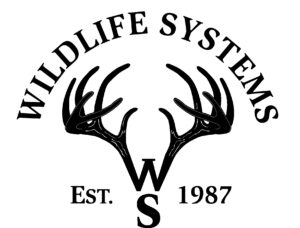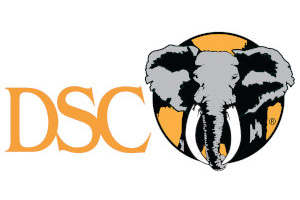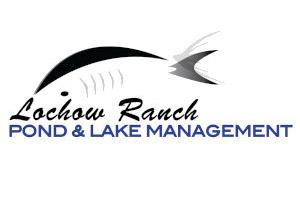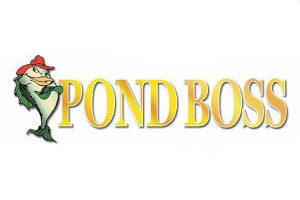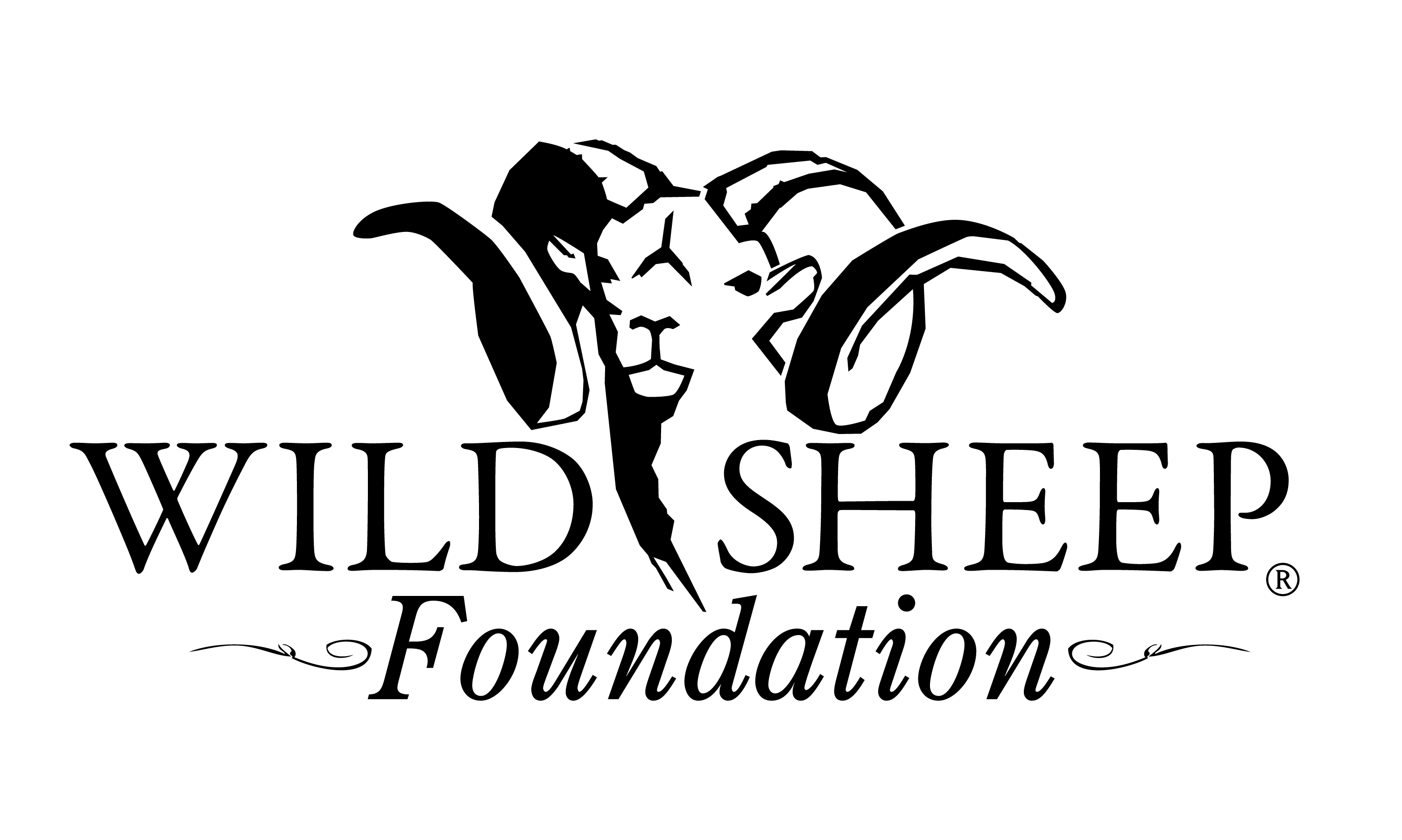MICROPLASTIC POLLUTION AND ECOTOXICOLOGY
Center for Wildlife Studies (Private) | https://www.centerforwildlifestudies.org/
Details
Application Deadline:
08/01/2025
Published:
05/29/2025
Starting Date:
after 6/2/2025
Ending Date:
after 8/24/2025
Hours per Week:
at least 2
Salary:
none
Education Required:
none
Experience Required:
none
Location:
remote work allowed
Description
MICROPLASTIC POLLUTION AND ECOTOXICOLOGY - Microplastic pollution has garnered much attention in recent years, yet much is still unknown regarding the extent and threat posed by this pollutant. We will review the recent and seminal literature focusing on the distribution of plastic pollution and the negative effects on the environment. Our goal is to build a strong foundation of knowledge about this emerging field and recognize the current gaps in understanding its effects on wildlife. Although this is not a laboratory class, methods and materials on how to sample, isolate, and quantify microplastic pollution in various samples will be reviewed and demonstrated for researchers interested in collecting measurements in the field.
This is a 1-credit equivalent academic course (16 contact hrs + additional work) where you learn at your own pace over 3 months.
DATES
June 2 – August 24, 2025
DATES
June 2 – August 24, 2025
COST
Instructor support options start at $525 professional / $425 student
Instructor support options start at $525 professional / $425 student
LEARN MORE & REGISTER
https://www.centerforwildlifestudies.org/courses/p/microplastic-pollution
https://www.centerforwildlifestudies.org/courses/p/microplastic-pollution
CWS also offers professional certificates in Applied Quantitative Ecology and in Conservation Planning.
All courses in this program are graduate level and are designed for full-time researchers, graduate students, environmental consultants, conservation specialists, and resource management practitioners. Taught by leading experts in their fields, participants will learn job-ready skills, including how to properly design field studies and controlled experiments, organize and visualize data, and become proficient in a variety of statistical analyses and modeling techniques to answer important environmental questions.
All courses in this program are graduate level and are designed for full-time researchers, graduate students, environmental consultants, conservation specialists, and resource management practitioners. Taught by leading experts in their fields, participants will learn job-ready skills, including how to properly design field studies and controlled experiments, organize and visualize data, and become proficient in a variety of statistical analyses and modeling techniques to answer important environmental questions.
To learn more and apply, please visit: https://www.centerforwildlifestudies.org/applied-quantitative-ecology -OR- https://www.centerforwildlifestudies.org/conservation-planning
CENTER FOR WILDLIFE STUDIES is a 501(c)(3) non-profit organization whose global mission is to provide accessible environmental education and promote wildlife conservation through science.
Contact
Jack Hopkins
jhopkins@centerforwildlifestudies.org (preferred contact method)


